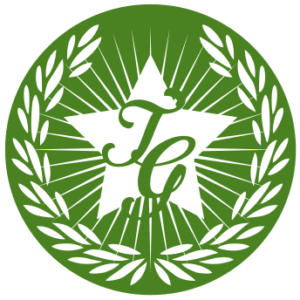Safety and security have become trigger words for me. They are gateways to instant mistrust and suspicion because they have come to symbolise a loss of my personal power and privacy. The state, and authority more generally, has no interest in keeping me, and other ordinary people, safe. They are simply interested in controlling us. For instance, nowadays banks very often use those words – safety and security – to freeze online payments people make. They claim they do it to protect you from fraud and keep you safe, but in reality, all they are doing is forcing you to give them more information about why you are transferring money to a person or organisation: they know the who, but with these ‘safety checks’, they are also collecting the why and the what of your relationship to the recipient. Similarly, this online safety bill should be more honestly entitled the loss
I was thinking recently, how lucky I am that the only time I encounter covid related nonsense is online, for instance if I make an increasingly infrequent visit to a ‘news’ website. Whilst covid is very much real for those who remain vulnerable to it (since the drugs don’t actually work), for the rest of us in London at least, real world covid has long gone. Except, it hasn’t. I am increasingly noticing an enhanced layer of censorship and surveillance in everyday life which was not there pre-covid. Worse, these organisations are attempting to redefine reality by insisting that the censorship and surveillance is something other than what it is. They try to couch it in terms of being good for me, of protecting me from some form of risk or harm. That might work on an idiot, but not me. My superpower is to see through to the truth of
I was given this domain name as a gift in 1999 and I promptly set about learning HTML in order to build the website. Finally, no one could tell me to shut up! I launched myself into the internet with abandon and in the early days, this website housed a very successful and regularly updated blog. That all feels like a very long time ago now and the internet I remember from then – before the rise of the social media giants and before newspapers had really clocked what was happening – feels like a much more varied place. (Does anyone remember that beautiful word-linkage website blather?) At first I eagerly used all of the social media things as they were released: MySpace, Google/Gmail, Facebook, Twitter, Instagram and so forth. Sometimes I would get fatigued and want to unplug, but mainly I participated to a high degree and was glad of
I’m trying to think of the best way to start this. I can’t just write about the demo yesterday, because it’s not just about the demo yesterday. Every time I think or do anything about Palestine / Israel, it is always connected to my visit. In Culture in the Plural, Michel de Certeau notes that unless a group can convince wider society of the importance of its stance, it is doomed to merely be a ‘cultural’ issue forever. A folkloric and marginal matter that does not affect (or has no importance for) wider society, and is therefore politicly impotent. The group will remain at best a curiosity, always marginalised, with its voices mainly unheard. Of course, de Certeau was talking about the Bretons and the Basques, but his point is relevant for all those outside of mainstream hegemony who are trying for some kind of political impact. As I previously said, I
